I hereby bring you, “the Big Brush off,” as the saying goes. I’m talking about makeup brushes, that is. Makeup application depends on the right tools, if you want to look flawless and seamlessly blended. I’ve gotten questions left and right about brushes, what kind to use, what I recommend, etc. I thought it best to answer these questions on the blog, so that I can just direct people here! This is a 3 part series that will break down the must haves for your vanity table and beauty tool kit. Ready?
First: What’s the diff?
Natural makeup brushes
Natural hairs have a follicle that cling to powder pigments, allowing them to be evenly distributed. They are made of goat, pony, squirrel and sable (which is the most expensive). Made from animal hair, it can be a bit pricey but worth the investment as they last a lifetime if cared for properly. They are made to pick up powder pigments freely and can spread the product better giving it a more diffused blended look because they are usually fluffy. Best for powders, bronzers, blush and eye shadow.
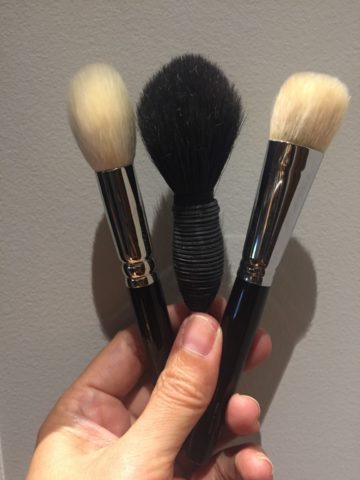
Synthetic makeup brushes
These are most composed of nylon, taklon or synthetic man made materials designed to pick up creams, gel liners, concealers and liquid formulations better. They are usually flat and best used for a smooth, precise and streak free application also like lipsticks. Synthetic hair like brushes are also good for wet application because the bristles stick together and don’t absorb too much product.
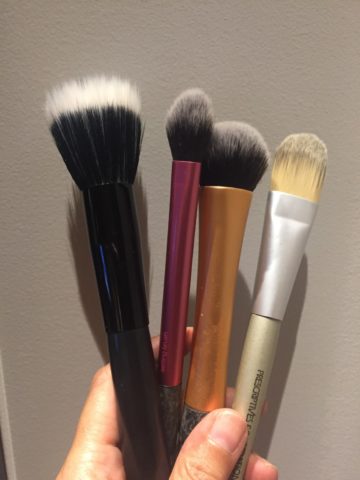
Important! How to wash your brushes
Cleaning your tools at least once a week is good if you apply makeup everyday and once a a month if not as often. This removes buildup of oils, pigments and breakout inducing bacteria that can contribute to breakouts on your face.
1. Wash them regularly.
Swirl the bristles in warm soapy water ( I use a generic baby shampoo). For hard to remove pigments, try a mild dishwashing liquid.
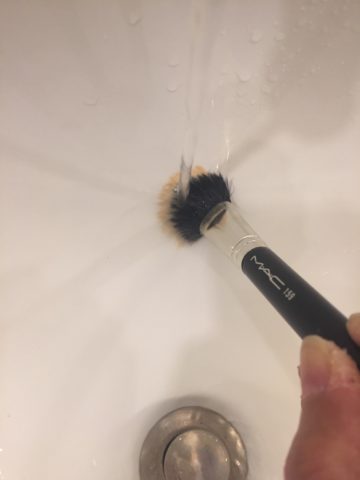
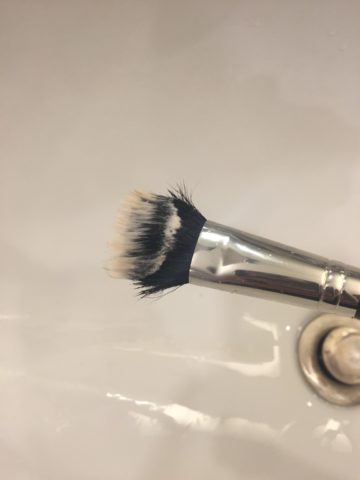
2. Rinse them well.
Run the bristles under a steady stream of warm water until all soap and debris are gone. Blot the brush with a clean towel and shape the bristles with fingers.
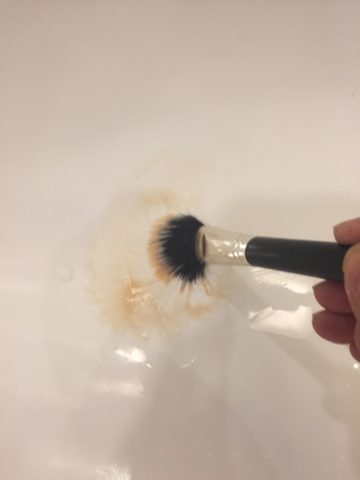

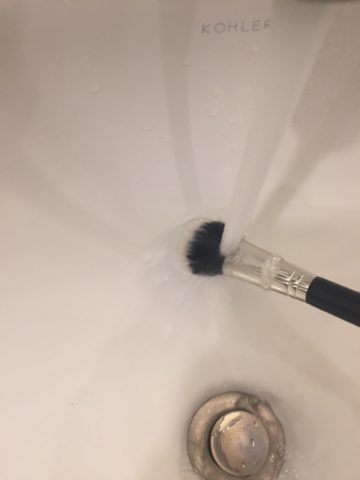
3. Dry them out.
Don’t let your brushes stand upright. Water can weaken the glue around the metal band that secures the bristles to the handle which can loosen the bristles over time. Lay tools on a flat towel or hanging over the edge of your sink.
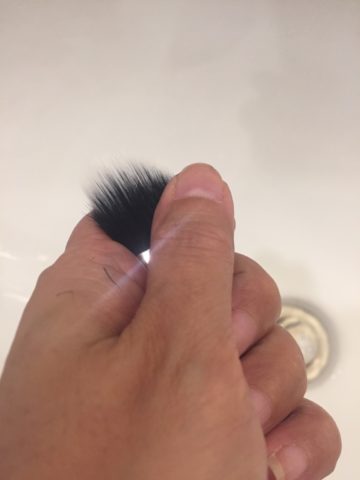
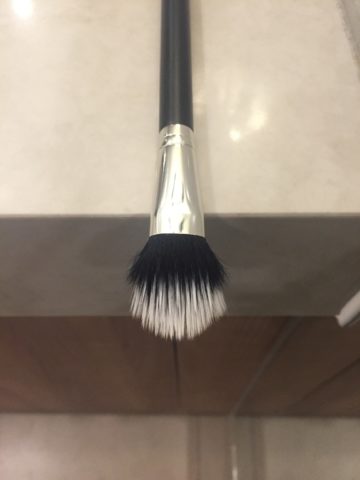
In the next article of this 3 part blog series, I will break down the essential Face brushes you need.
Thank you for sharing this blog post. I wash my brushes once a month since I don’t really use them on a daily basis. I use a mixture of dishwashing liquid and olive oil or coconut oil when I wash my brushes. I’m looking forward for the next installment of your Big Brush Off series.
Thanks for your cleaning tips! I just published my 2nd part of this series. :). I hope you can pick up some tips
When it comes to make-up particularly make-up brush — i have no idea what’s really the difference among all the brushes. I have 2 sets of make-up brushes which were given as gifts unopened. Now, I wonder if they even have expiration dates.
Anyway, thank you for sharing this. I was able to learn a LOT and I am looking forward to the other parts/ continuation of this post.
Hi Clarice, your brushes can last a long time if you care for them properly. I have a few that have lasted for 20 years and they still perform beautifully.
Good to know these! I don’t think it’s our natural response to clean makeup brushes haha. And it’s great to know the frequency that we should. We put it on our face, so we should clean in regularly!
Yes Sam they should be cleaned as often as you use them. Dirty brushes also contribute a host of skin problems as well. I appreciate that you make it a habit to clean them. Bravo!
Never stop learning.. Your description on why and how to watch my brushes was really helpful and informative. I really learned a lot. I though that they would be destroyed if I used soap, and also if I lay them down to dry. So it’s safe to say that they will still be fluffy- Thanks for sharing!
Hi Jenny just make sure the soap you re using is not too harsh. Use baby shampoo or a mild liquid kitchen detergent mixed with water to remove thick stubborn liquid or cream products.
Great article about brushes! I love make-up, but I’m terrible with brushes. I shoould really wash my brushes. Good reminder :). At least once a week.. Well I need to do some extra work then! I’ll take your advice and wash my brushes like this tonight.
Thanks Carola!